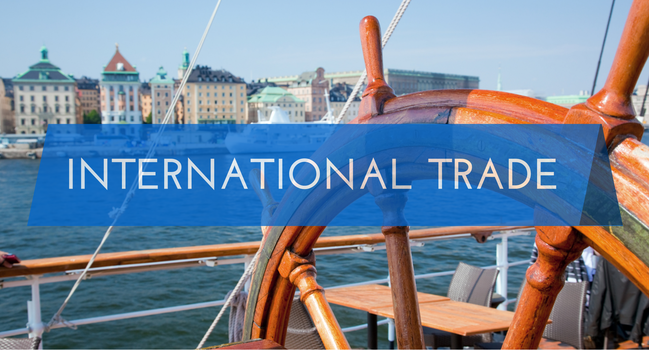Forex - The Forex Trading Market
Forex - The Forex Trading Market
Blog Article
In coming days China will sign an arrangement with India, South Africa, Brazil, and Russia to provide Yuan-based loans in dealings with these countries, instead of U.S.-dollar-based loans. These countries have not raised any objection on this. For their international trade and cross-border lending, they will use the Yuan rather of the U.S. dollar. By 2015 China wishes to raise the Yuan to 50% of all transactions from current 13% of all deals. Apart from that China signed a loan arrangement with Venezuela for $30.0 billion-the loan was moved in Yuan instead of U.S. dollars.
This is just one example. There are many factors that business and people participate in the forex market such as, the need to purchase parts, make payroll for worldwide offices, hedge threat, and more.
I know a man who would email me, call me, buy costly equipment for his office, purchase expensive trade directories and try to convince me he stayed in business. NEWS FLASH! When you're making money, you're in company. And generating income typically implies (here's a dirty word so close your ears) you have to sell something.
The majority of the nations keep US Dollar as their worldwide reserve currency for International Trade and commerce. Now nations like China, Brazil, India and Russia have big US Dollar reserves. These nations are converting these Dollar reserves into gold bullion in the global market. The supply of gold is limited. So this substantial demand is driving the rates up in the market.
While the U.S., currently the world's largest debtor nation, is required to take on increasing debt by releasing large amounts of brand-new treasury bonds to finance its stimulus efforts, China, which overtook Japan this year to end up being the world's largest creditor country, is the owner of much of that U.S. debt, holding an estimated $1.7 trillion of U.S. dollars and bonds.
If you're an international trader, it might imply offering yourself-- your abilities, your recognition of chances-- to a potential purchaser or supplier. And selling can be as addicting as a drug when you've done it a couple of times.
Does this sound simple? Nope, it isn't. Trading in commodities is intense and competitive. But it can also be a rush like absolutely nothing else in international trade. And, here oh yeah, it can be rather profitable. But if you do not do your homework and, in this case, a great deal of homework, you will wind up disappointed.